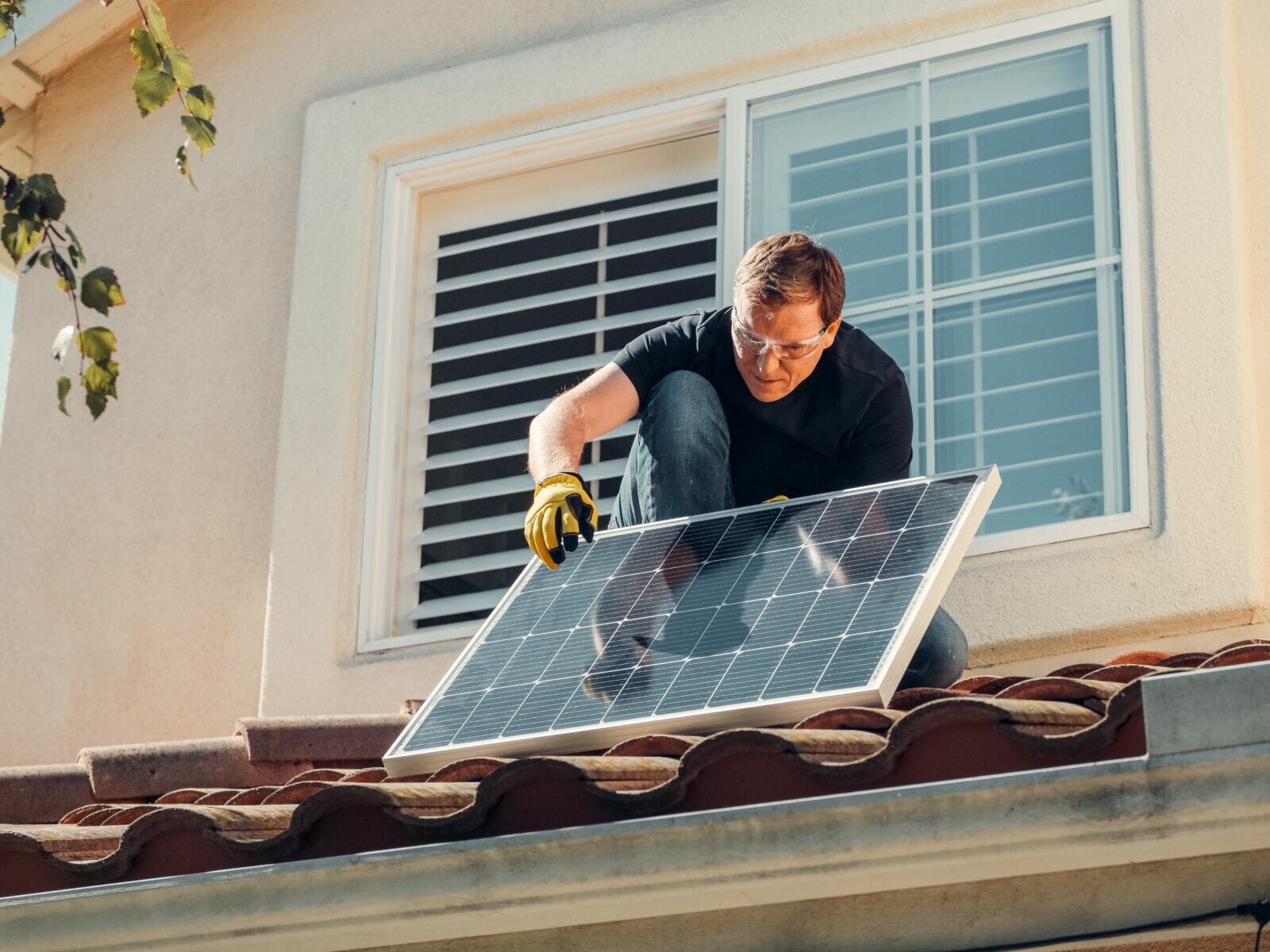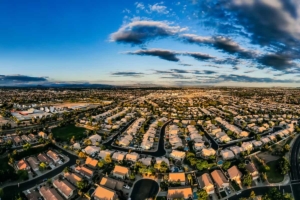Given that Phoenix averages over 300 sunny days each year, it is no surprise that Arizona ranks fifth in the nation for installed solar panels. This source of energy has become more prevalent over the years as conversations centering on sustainability and one’s carbon footprint continue to dominate public consciousness. Well-meaning homebuyers may not understand all associated costs associated with solar panels, whether the panels are newly installed or long present from the previous homeowner.
LEARN MORE: Phoenix ranks 10th in office-to-apartment conversions
While I am not entirely against the idea of solar panels, I believe education empowers the buyer to make the best possible choice for their lifestyle and financial situation. As an expert realtor with RE/MAX Fine Properties, I implore homebuyers to consider the following points while deciding if solar panels are right for them.
You might assume the previous homeowner’s solar debt.
Solar panels that already exist on a property fall into three categories – they are either fully paid off and either property of the homeowner or company, are being leased directly from the solar panel company for a period of time or are not fully paid off due to an outstanding loan. The presence of solar panels on a home may give buyers the false impression that the panels will become their property, but this is not always true, and buyers may be met with a costly monthly payment.
Homeowners who lease their solar panels will spend hundreds of dollars each month for something they will never ultimately own and will eventually need to consider another source of energy once the lease’s duration ends. If someone is considering leasing solar panels (or is about to assume a lease from the previous homeowner), I always recommend clients compare their monthly electric bill to the amount of the monthly lease payment. Unfixed lease payments have potential to increase over time, costing a homeowner more money than they would otherwise pay for traditional electricity sources.
For solar panels under a loan, buyers should consider that assuming this debt can negatively impact their debt-to-income ratio, which is crucial for securing a loan and optimal interest rate. This is especially important for new homebuyers, as they may find themselves priced out of a property because of an unexpected financial liability. I recommend consulting with one’s lender to discuss how acquiring solar panel debt could impact the ability to purchase a home.
Insurance does not cover regular maintenance costs and defects.
Be aware of what different solar companies cite as panel maintenance costs, and later consult with your insurance provider to uncover additional fees that might not be immediately apparent. Unless a panel is deemed inoperable and considered a total loss, homeowners should expect to pay out-of-pocket for damage. Buyers who are considering purchasing a home with existing solar panels should also get familiar with the solar company provider’s installation and removal costs. Some solar companies refuse to allow outside contractors (such as a roofing company) to remove panels, which can quickly add up in the event of a roof repair (or entire roof replacement.) In such a situation, the homeowner would need to hire and pay both the roofing company and the solar panel company for removal and re-installation. This could prove especially costly if a roof is completely covered in solar panels – imagine the cost associated with working panel-by-panel across an entire surface!
Solar panels can expedite roof deterioration.
While not guaranteed to be an issue, solar panels do have potential to both expedite and directly cause a roof to fall apart, especially if the roof is not constructed with adequate load-bearing material. Roofing made from brittle materials like wood, slate or clay tiles are not ideal for solar, and solar panels on a wood roof pose a potential fire hazard. Consider the structural integrity of your roof and its ability to bear the weight of solar panels for the years to come. For example, shingled roofs typically last between 10-15 years before a replacement is necessary, while the lifespan of a properly maintained solar panel can stretch 20 years. This means that solar panels will likely outlive the roof beneath it.
Panels are heavy, and the installation process may jeopardize a roof’s structural integrity as large brackets are drilled into the roofing material. Reinforcing areas where panels are to be installed can prove costly, especially if the solar company deems that a roof needs to be completely covered in solar panels to adequately generate electricity.
Your savings could be less than anticipated.
After considering the costs of either the initial installation, outstanding loan balance or monthly lease payments, you may discover that when compared to the cost of a monthly electricity bill, your savings from using solar panels may be less than you expected. Consider your goals for staying in the property: are you planning on living in the property with solar panels for longer than a decade? If not, investing in solar panels may not be the most financially viable energy source.
For those who still seek eco-friendly or money-saving energy solutions, I recommend adjusting lifestyle choices, such as not doing laundry during peak energy hours (APS states that energy use is highest in Arizona between 4-7 p.m.), utilizing a programmable thermostat to control temperatures while asleep or away from home, and switching to energy-saving light bulbs. You might also want to consider purchasing a house made with spray foam insulation instead of traditional fiberglass, as spray foam insulation is more resistant to air leakage, thus reducing your need to adjust your thermostat often.
If you’re interested in connecting to determine if solar panels are right for your lifestyle and budget, please contact me at my website theregalteam.com or via cell at (623) 229-0154.
Author: Melissa Dierks is an an expert realtor with RE/MAX Fine Properties. RE/MAX Fine Properties is a locally owned and operated full-service real estate brokerage with offices across Arizona. Founded in 2008, the brokerage has more than 300 REALTORS® and specializes in both residential and commercial real estate. RE/MAX Fine Properties is a proud supporter of Children’s Miracle Network Hospitals®, Susan G. Komen®, and other charities, and is headquartered at 21020 N. Pima Rd. in Scottsdale, Ariz. To learn more, please visit www.fineprop.com.




